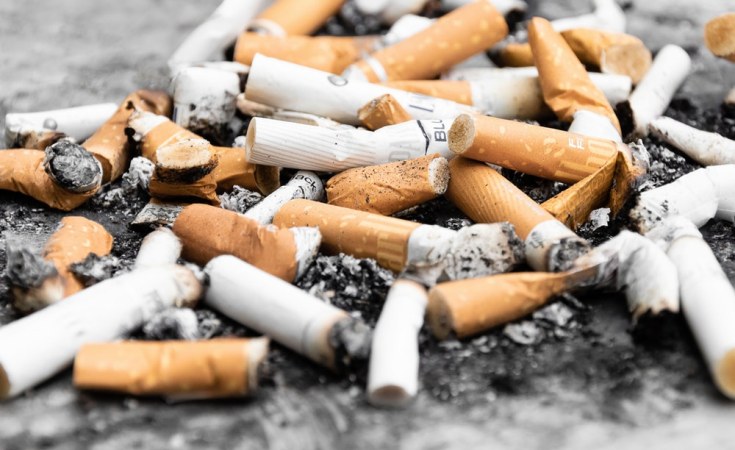The E-cigarette summit – science, regulation, and public health, took place virtually on the 7th and 8th of December, 2021. Scientists, policymakers and public health professionals have been participating in this event annually since 2013.
On the 7th, a session titled "The new tobacco wars", was introduced, and detailed by Clive Bates, a strong advocate of Tobacco Harm Reduction and Director of Counterfactual (a public interest policy consulting and analytical advocacy organization based in the United Kingdom). This session was then followed by a Q&A discussion with international experts.
The topic of tobacco and tobacco control is very polarized as the name of the session suggests. However, as the world seems to be fractured around this topic of tobacco control and tobacco harm reduction, there are some countries that appear to have succeeded in finding a way through for the greater good and have exited the harsh debate.
In response to a question on the circumstances involved in paving the way for Norway and Sweden to seemingly reach some consensus on the issue where other countries are still battling, Dr Karl E Lund, a Senior Researcher in the Norwegian Institute of Public Health said:
"I think the situation is as polarized in Norway as elsewhere. But Sweden is the only country in the European Union that has snus on the market. Even if you are very opposed to snus or in nicotine use, you can't really deny the fact that snus has been replacing cigarettes use in certain segments. The situation in Norway now is the advent of lower taxes on snus, it can be used indoors where cigarettes are prohibited.
In addition to this, flavours are allowed in snus but not cigarettes and there are no graphic health warnings on snus…. So if you make it attractive to smokers and implement regulations that could facilitate switching and also inform smokers about risks reduction from smoking and snus, I think any country may experience what we have in our country."
England is also often presented as an international leader in Tobacco Harm Reduction. For Deborah Robson, a Senior Lecturer in Tobacco Harm Reduction at King's College London, this can be explained by "a very strong history in tobacco harm reduction". England has, in fact, been engaged in tobacco control for decades. She also paid tribute to the capacity of creating consensus: "We have strongly skilled people in tobacco control in the UK in the academics, policy makers, people who smoke, they all come together. They might not agree with each other on everything but they have been able to reach a consensus on what matters".
Clive Bates finally made a point about the cryptic terminology, which according to him, doesn't help to support the efforts to create an understandable and systemic solution to tobacco and related diseases:
"I personally don't like the phrase « harm ». Well it is very useful but it starts with the idea that "harm" is the norm, which in truth it is but actually what is really going on is that there is a recreational stimulant: nicotine, which is widely use in society and what we are doing is finding safer ways that people can use it. We are reaching a stage where people who are using that drug no longer need to be exposed to gigantic levels of health risks that are associated with smoking combustible cigarettes".According to the World Health Organization, tobacco kills up to half of its users.
More than 8 million people die each year due to tobacco related diseases and more than 7 million of those deaths are the result of direct tobacco use while around 1.2 million are the result of non-smokers being exposed to second-hand smoke.
Over 80% of 1.3 billion tobacco smokers live in low- and middle-income countries.


